Blog
Here’s the latest from Commonly Well.
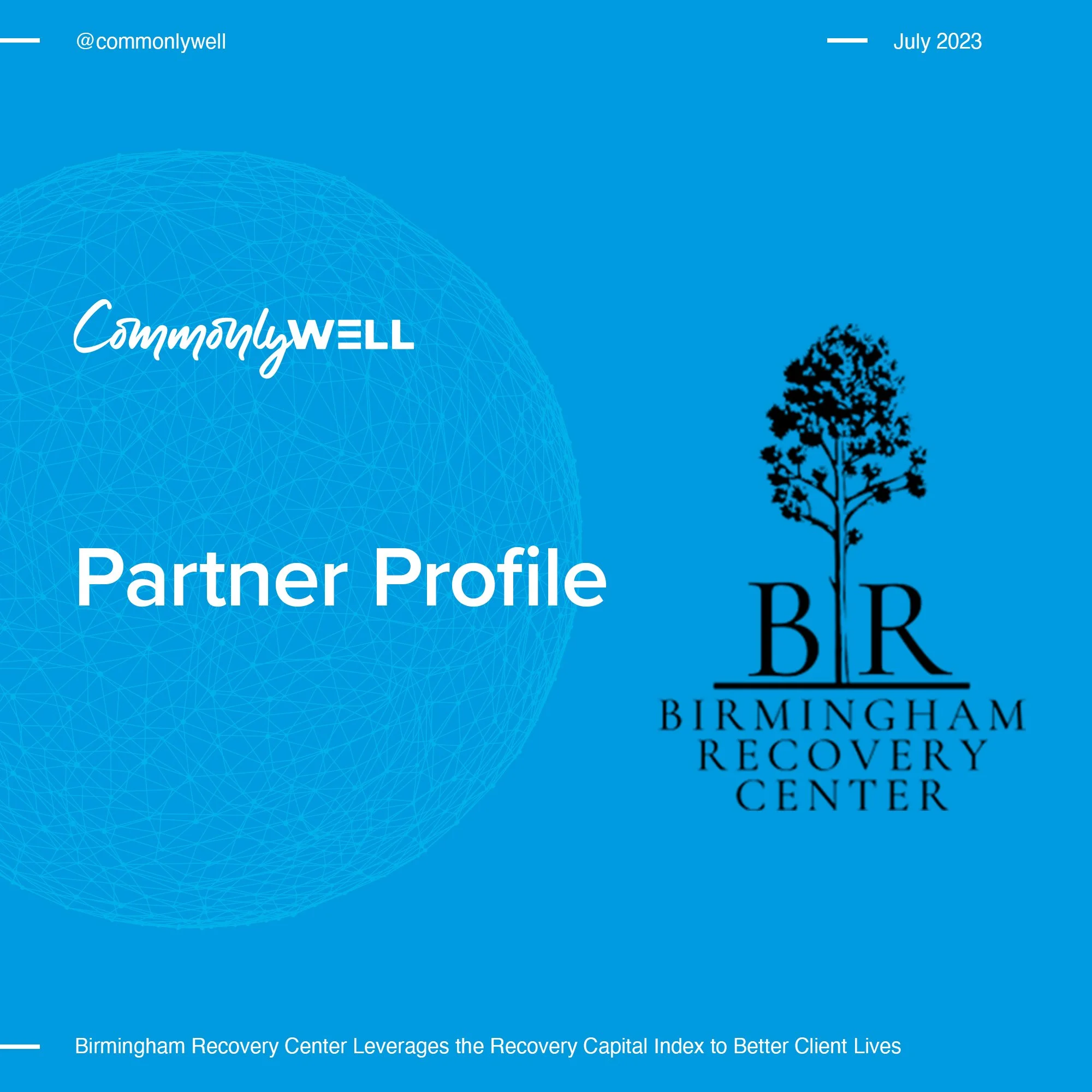
Birmingham Recovery Center leverages the Recovery Capital Index to better client lives
"When we started this program... our objective was to do better as a program and to help elevate the services and the perceptions throughout the field. And the RCI is one of those things that just helps us to be better." - Ian Henyon, Executive Director at Birmingham Recovery Center

Elements for good text prompts to improve survey response rates
Creating a relatable and engaging message prompts are key for client participation in assessments and surveys over time. But it all starts with a great opt-in sequence and welcome messages.

1,000+ RCI’s Completed in June
1,017. This was the total number of Recovery Capital Index (RCI) survey's completed in June 2023; and it was the first month with 1,000+ completions since launching Commonly Well at the end of May 2020. It's a milestone worth a few moments of reflection.

Bringing more diversity of thought to behavioral healthcare
When we explore best practices in behavioral healthcare, we constantly look inside our field and rarely seek best practices of psychology and experience from other services and industries. This is limiting our ability to be more effective and truly great practitioners of care.

Text message interventions reduce problematic alcohol use
Automated text messages reduce bing drinking episodes AND negative drinking consequences when focused on a particular use management strategy for 18-25 year olds.

Data Ownership and Privacy
Your healthcare data might be about you, but it’s not yours – not really. Current regulations seem to protect your data. Despite the appearance of strong privacy regulations, there’s a lot of grey area and rampant misuse. Yes, let’s fix the laws, but we need higher ethical standards and principles for data capture and use.
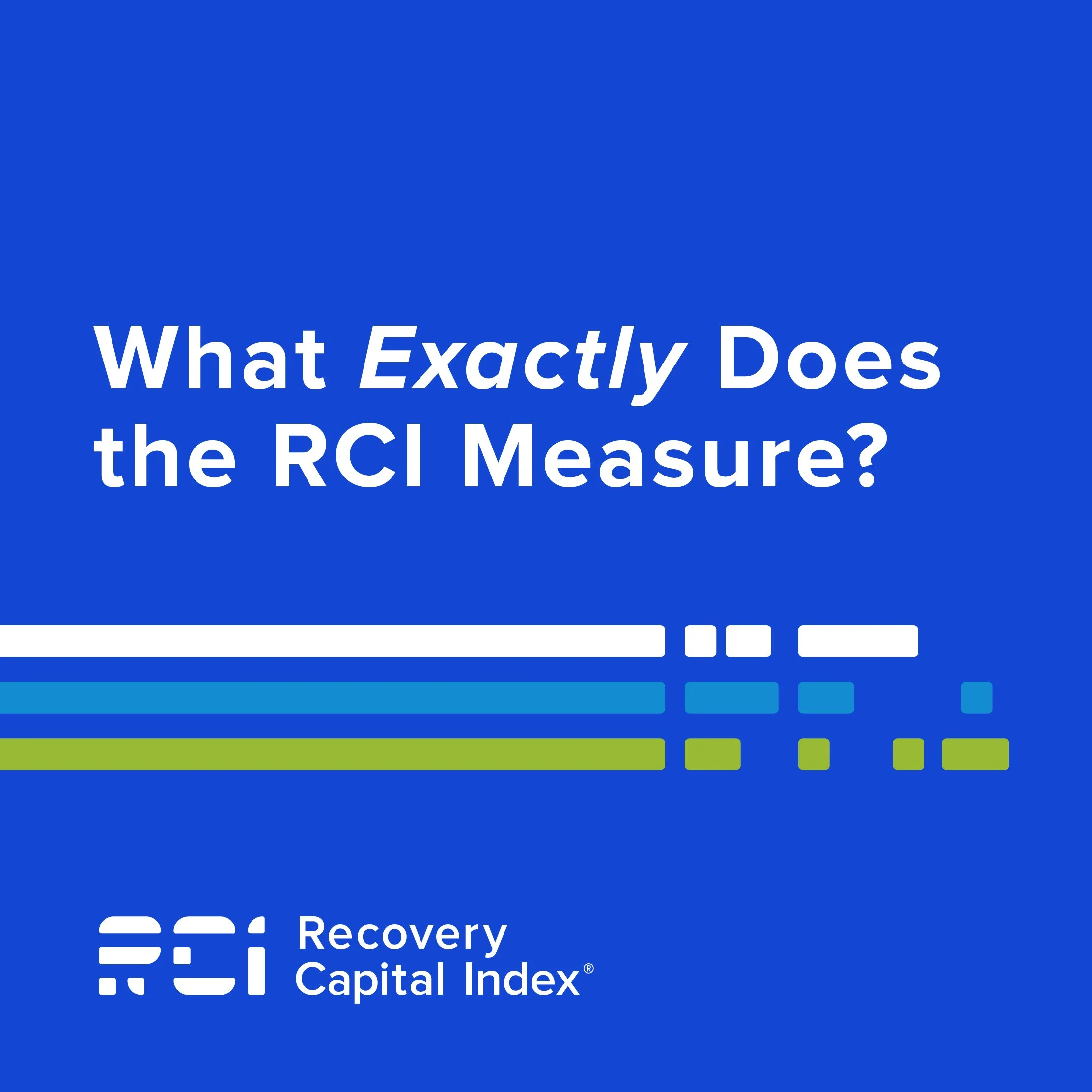
The Recovery Capital Index: A Validated Assessment
The Recovery Capital Index (RCI) measures what it says it measures: addiction wellness. Developed at Face it TOGETHER (FIT) by David Whitesock (now CEO & Founder of Commonly Well), the RCI is built on three domains, nine indicators, and 22 components which have been proven to positively affect recovery and provide a comprehensive assessment of intervention effectiveness.
It also focuses on longitudinal health outcomes, giving therapists and peer coaches insights into an individual’s progress, growth, and well-being over time.

Beyond Treating the Addiction
When only 10-20% of our health can be attributed to clinical care, it’s time to go beyond just treating the addiction. A whole-person addiction care approach includes assessing and addressing a person’s recovery capital to improve outcomes.
Treatment alone does not produce the health outcomes we expect. It is incomplete. The above statistic is a call to treat beyond the addiction itself. In the addiction recovery field, it’s a call to address a person’s recovery capital.

How the Recovery Capital Index Predicts Recidivism and Housing Stability
The Recovery Capital Index, by design, does not predict sobriety, but it can supply indications of return to use. When the data comes together with an individual’s story, we can design effective interventions based on that predictiveness.
The number one question we get asked about the Recovery Capital Index (RCI) is, “Does it predict sobriety?”
Answer: No. But it can supply indications of a problematic return to use or other behaviors.
We understand why this is the question so many ask. It has everything to do with the traditional view of addiction; that recovery from addiction is synonymous with abstinence. Clinical care and society have long measured success as prolonged abstinence. So, it makes sense that most wonder about whether the RCI predicts sobriety.
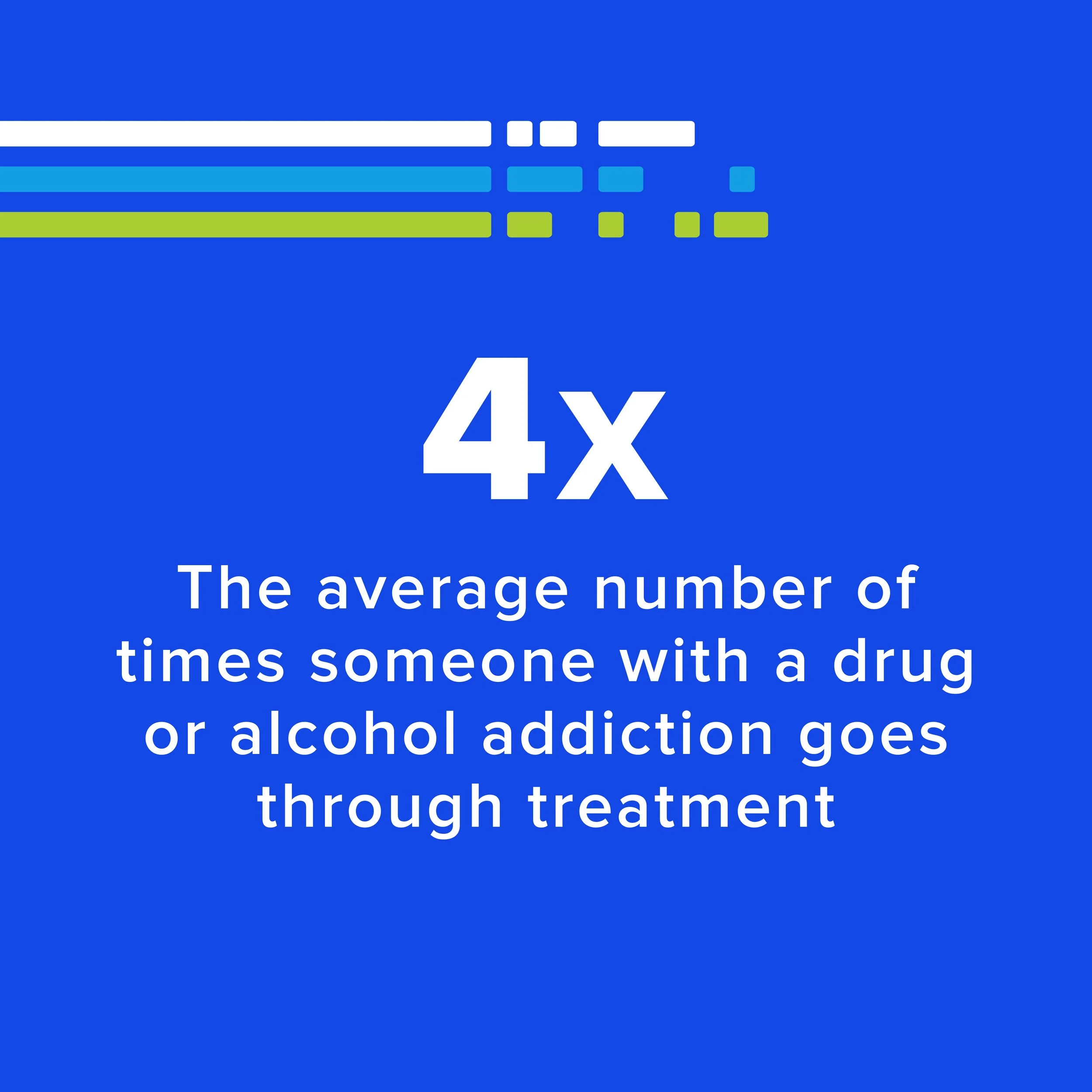
Normalizing Failure
In the addiction and recovery field, we seldom talk about whether what we do works. When half of the people served go through treatment five or more times before it sticks, we say it’s time to rethink the approach.
The statistic is sobering. Today, the average number of times someone with a drug or alcohol addiction goes through treatment is four. In other words, it takes five or more multi-week treatments for a person to overcome their addiction.
Failure has been normalized.
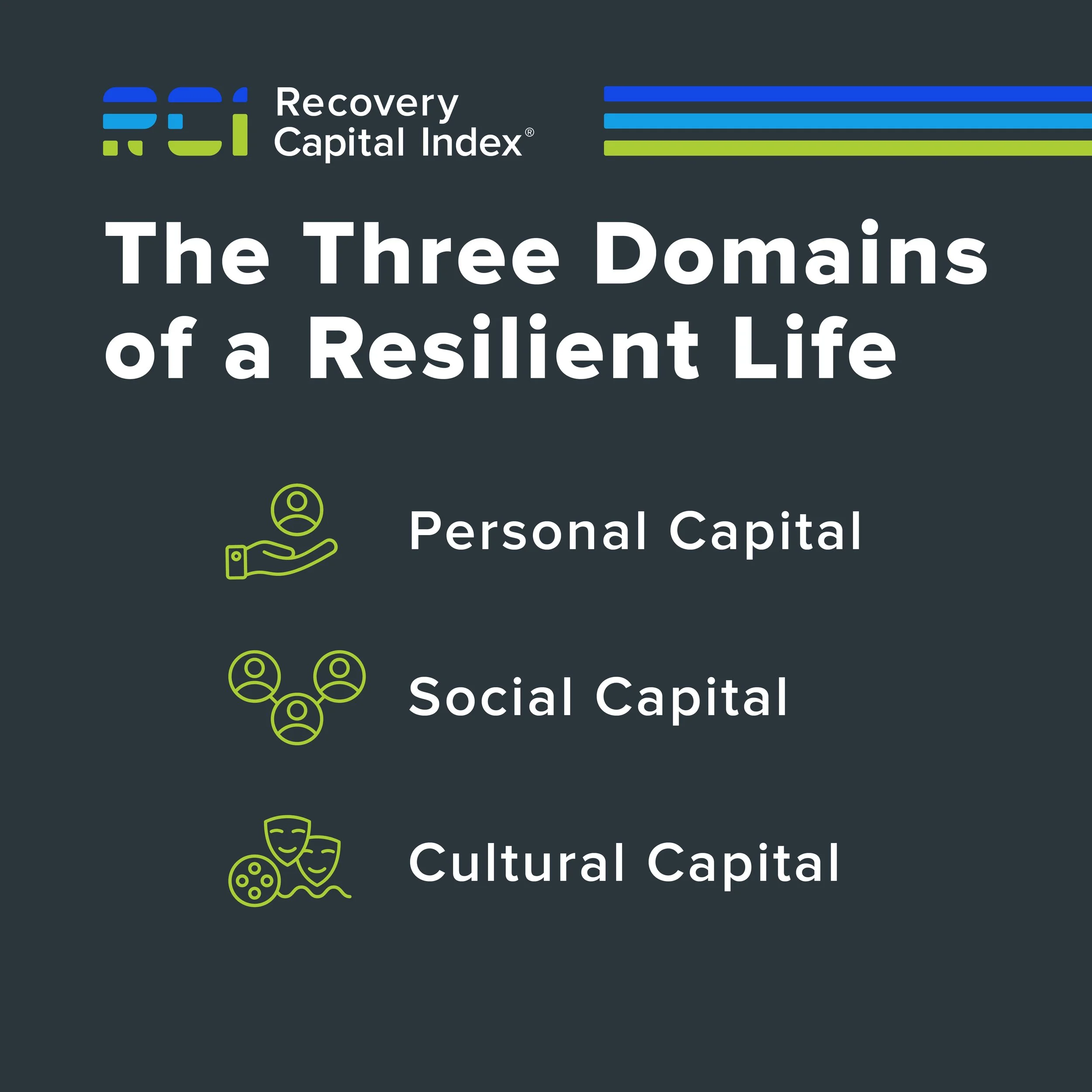
The Three Domains of a Resilient Life
To move beyond sobriety as the only measure of recovery success, we must shine a spotlight on the social determinants of health. The Recovery Capital Index (RCI) achieves this by respecting the entire presence and experience of a person.

23 Million in Recovery: Not As Positive As It Sounds
Addiction and recovery advocates, for the last decade, have used 23 million people in recovery as their primary statistic to combat stigma and raise funds. Digging into the data, however, provides a more powerful narrative that recovery leaders and advocates need to know and use.
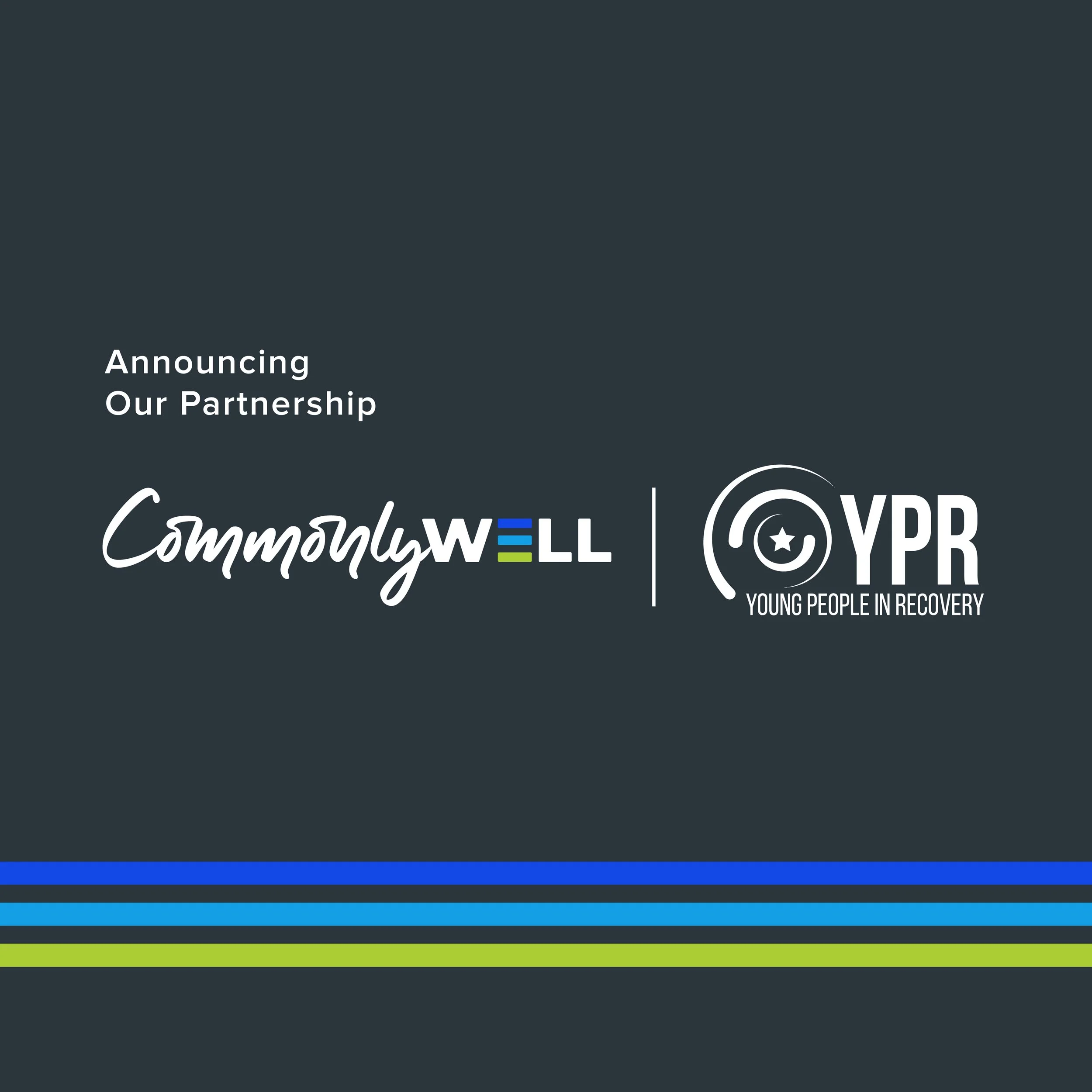
Commonly Well Partners With National Nonprofit to Achieve Comprehensive Measure of the Substance Use Recovery Journey at an Individual, Community, and National Level
Commonly Well, the nation’s first recovery intelligence consultancy, has partnered with Young People in Recovery to achieve a comprehensive measure of the substance use recovery journey at an individual, community, and national level. Young People in Recovery (YPR), a national organization that provides life skills and peer support to help people recover from substance use disorder, will use Commonly Well’s Recovery Capital Index (RCI) tool to quantify the effectiveness of its programs. YPR will implement the RCI throughout its network of 56 chapters across 17 states over a two- year period.

Commonly Well is growing
A healthcare innovation and behavioral health integration specialist joins Commonly Well to grow the Recovery Capital Index.
Commonly Well is thrilled to announce its first hire. Patrick McGowan has joined Commonly Well as Head of Growth. Patrick will lead our efforts to grow the adoption of the Recovery Capital Index (RCI) in the behavioral health, addiction care, mental health, and recovery field.

Don’t pick the outcome, pick the outcomes framework
When an organization picks a specific outcome, it will do whatever it needs to get that outcome.
In the world according to Simon Sinek, this is a finite mindset.
A finite mindset can ruin a business. In healthcare — and especially addiction care — it can destroy lives.
Addiction treatment would be better if it adopted an infinite mindset.

Forgoing struggle
There are some struggles or suffering we do not have to endure.
Addiction is one of them.
There is enough suffering in the human experience, why invite more?

Wrong Side of the Road Remarks
The following remarks were prepared to be delivered on Tuesday, November 2, 2021 at the National Press Club for the launch of Wrong Side of the Road, a new national anti-driving impaired initiative from Responsibility.org.
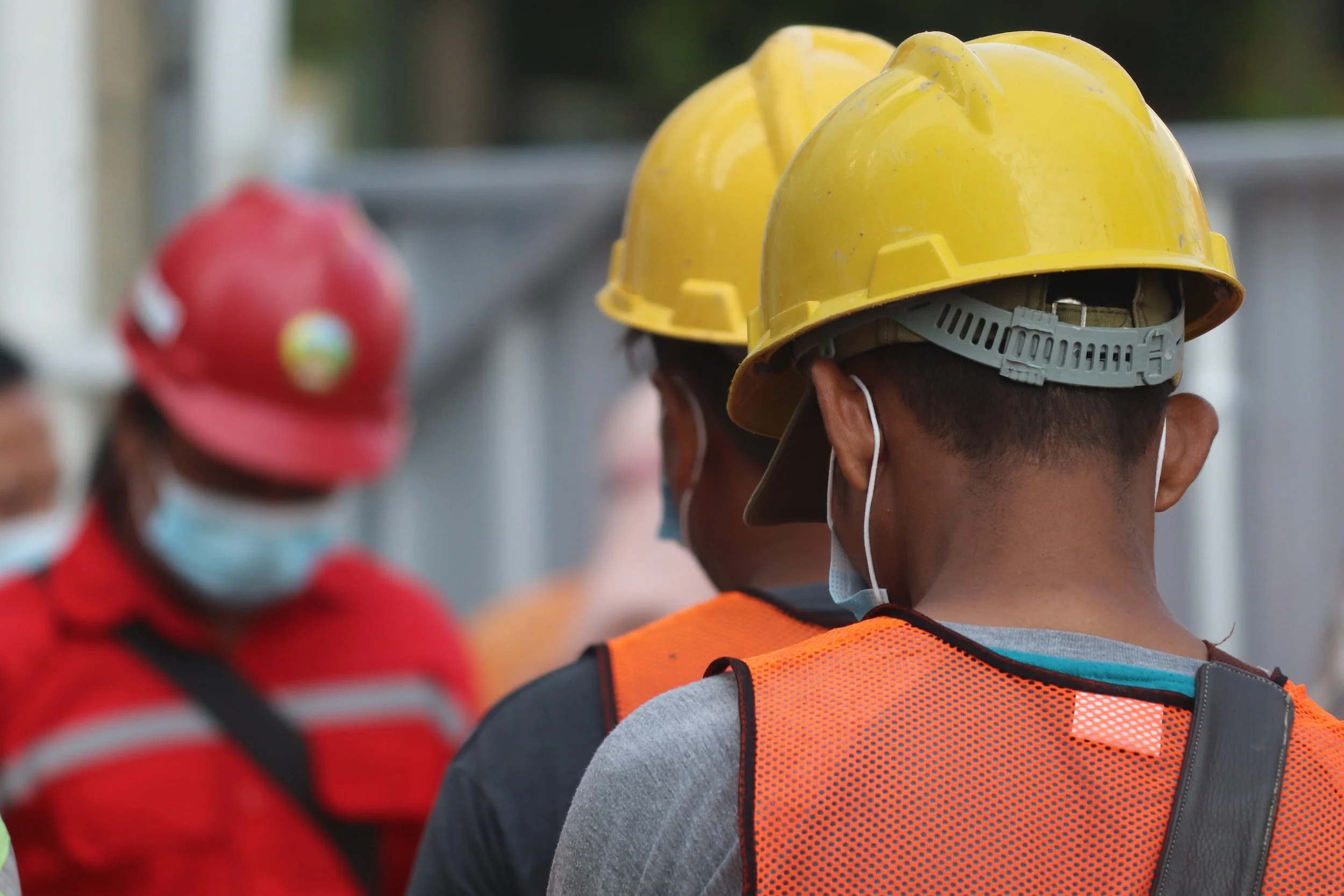
Safety as a conduit for solving addiction
In life and in business, errors disrupt potential and productivity. Errors can be the enemy of efficiency, especially if we do not learn from and eliminate them.
Errors in life and the workplace can also result in injury and death.
Humans are fallible and error prone. But, we can be very efficient and safe when we understand and apply good habit creation.
Addiction is essentially a deeply trained habit. It’s a compulsive act that continues despite negative feedback.

The unity of all substance
Marcus Aurelius wrote that we should often meditate on the “interconnectedness and mutual interdependence of all things in the universe.”
Here was a guy — a stoic philosopher and Roman emperor — writing and living in the second century and fully understanding that everything is connected.
Push on one element of society or nature and another element of society and nature reacts.
Aurelius says, “[A]ll things are mutually woven together and therefore have an affinity for each other — for one thing follows after another according to their tension of movement, their sympathetic stirrings, and the unity of all substance.”

Everything is figureoutable
It has been a little while since I last wrote in this space. The reason is not for a lack of things to write about. The reason is that I have been sorting out the work of Commonly Well and the direction of the Recovery Capital Index.
Starting a business and getting it out there is tough, even for seasoned veterans. Doing so in the middle of a global pandemic is doubling challenging.
But, we are figuring it out.
